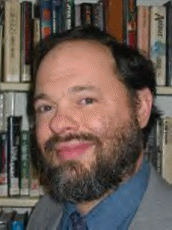Bullies, Ethics, and Congessional Oversight of the Judiciary
http://www.npr.org/templates/story/story.php?storyId=4562664
Going a bit off the topic of ethical marketing here, but this is important.
In the schoolyard, if a bully didn't get his way (usually it was a boy, back then), he would "take his toys and go home," ending the game.
Rep. Steve King apparently wants to do the same, only his "toys" are the pillars of American democracy. Threatening to defund the entire court system because you don't like their decisions is schoolboy bullying taken to extreme, and with dire consequences for the careful and elegant system of checks and balances created over 200 years ago. They already have the Executive and Legislative branches, and a big part of the Judiciary, and have had the luxury of a consolidated media empire that has largely forgotten that its role is to question. But apparently, that is not enough for these unpatriotic extremists who would dismantle democracy.
I believe that ethics and integrity and fair play still mean something; in fact, I'm organizing a grassroots international movement to take a stand for ethics in business (at www.principledprofits.com ). And I believe this attempt to undermine one of the three pillars of the federal government utterly fails the sniff test.
I am old enough to remember when Barry Goldwater, who would be decried as a weak and moderate liberal in today's climate, was called an extremist. Rep. King's plan is an attack on the fundamentals of our government, and must not be allowed to proceed.


